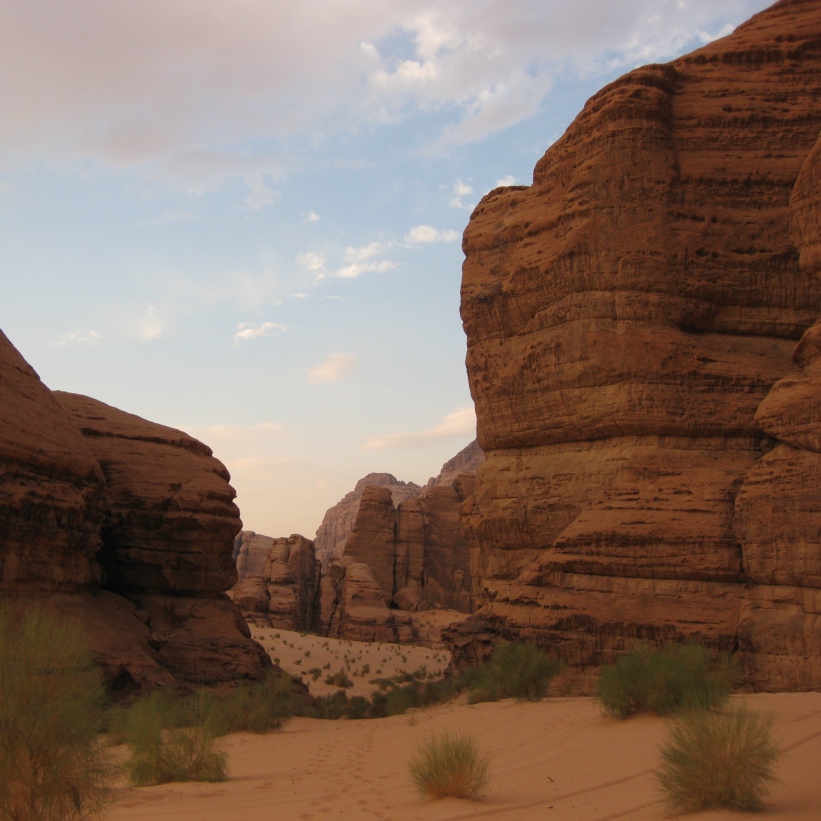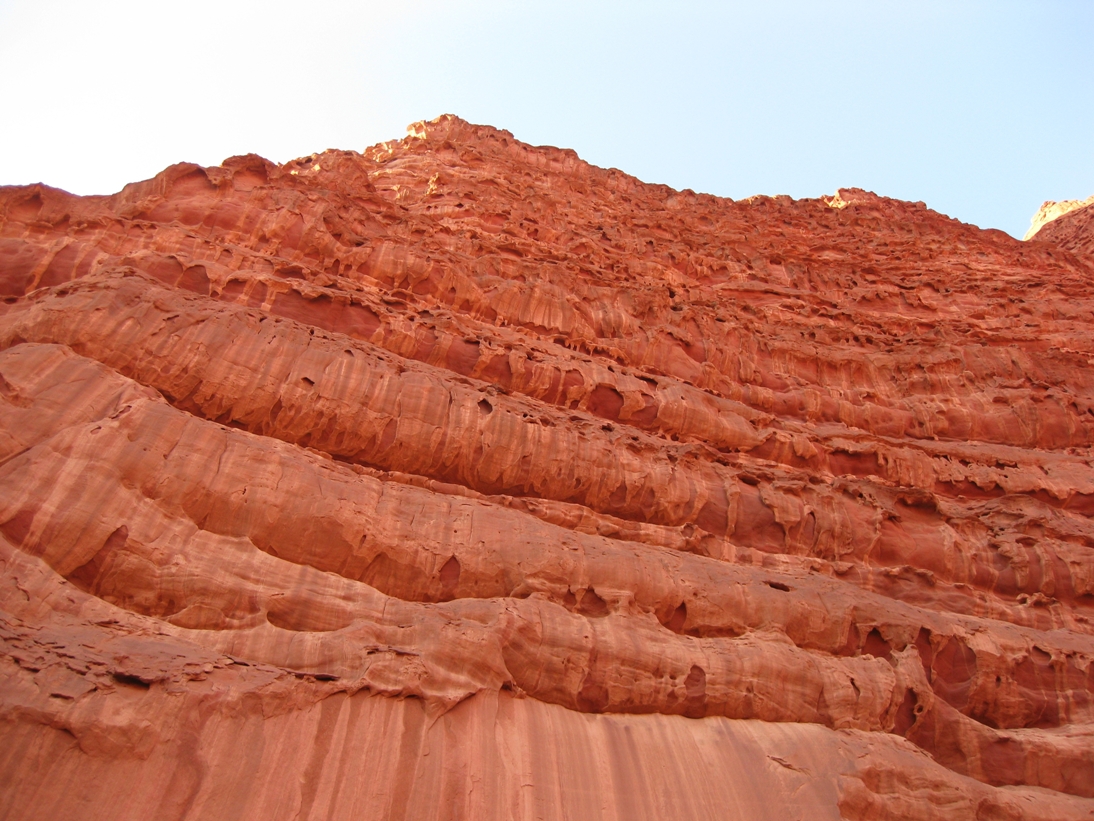Jordan and Germany also join World Heritage
The Wadi Rum Protected Area in Jordan has been declared a World Heritage Site, becoming the 211th natural site to join UNESCO’s prestigious list.
In addition, the Ancient Beech Forests of Germany, an extension to the Primeval Beech Forests of the Carpathians, an existing World Heritage Site in Slovakia and Ukraine, has also been approved by the World Heritage Committee.
IUCN, the independent advisory body on nature to UNESCO, presented the findings of its comprehensive evaluations of the natural values of 13 nominated sites to the World Heritage Committee and recommended for inscription three sites. The Lakes System in the Great Rift Valley in Kenya, the Ningaloo Coast in Australia and the Ogasawara Islands in Japan were all added to the World Heritage List yesterday.
The Wadi Rum Protected Area in Jordan, a mixed natural and cultural site added to the List today, is located in the southern part of Jordan close to the border with Saudi Arabia and forms a major part of the Hisma desert. The highly varied desert landscape is the product of millions of years of geological processes, and thousands of years of interactions between humans and nature in a hostile desert environment. The human settlements in Wadi Rum go back to 12,000 years.
“Wadi Rum is composed of scenically stunning natural and cultural attributes in a lived-in desert environment where geology has been the ever-present artist,” says Allen Putney, Vice-Chair for World Heritage of IUCN’s World Commission on Protected Areas. “IUCN welcomes this inscription and hopes that it will lead to enhanced protection and management of the site.”
For more information or to set up interviews contact:
• Borjana Pervan, IUCN Media Relations, m +41 79 857 4072, e borjana.pervan@iucn.org
• Brian Thomson, IUCN Media Relations, m +41 79 721 8326, e brian.thomson@iucn.org





